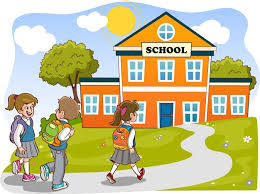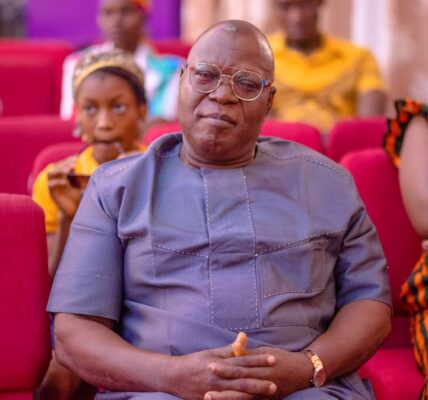FG Sets New Age Limit For Admission into Nursery, Primary, Secondary Private Schools
The Federal Government of Nigeria has stated that the current acceptable age to be admitted into Junior Secondary School 1 (JSS1) after completing six years of primary education is 12 years.
This was contained in a newly released policy document on Non-State Schools (private schools) by the Federal Ministry of Education.
In the policy document, the Tinubu-led government stated that the directive was necessary to help the schools that fall in that above stated category in delivering education across Nigeria, despite notable differences in standards and quality among them.
Breaking it down, the ministry stated; “Nursery education shall be of three years’ duration. Children shall be admitted into Nursery One when they attain the age of three years, Nursery Two on attaining the age of four, and one year of compulsory pre-primary education (Kindergarten) on attaining the age of five years, in accordance with the specification of Section 2(17) of the NPE, 2013 Edition.
“Basic education shall be of nine years’ duration. There shall be a six-year primary and a three-year Junior Secondary School (JSS). Children shall be admitted into Primary One when they attain the age of six years. Every child must complete six years of primary education. They shall be admitted into Junior Secondary School (JSS1) when they have completed six (6) years of primary education, at around the age of twelve (12) years.”
This policy simply implies that children are expected to complete their secondary education at 18 years of age when they would be able to seek admission into the university.
Earlier, the former Education Minister Prof. Tahir Mamman had directed that 18 years would be the minimum age for any student seeking admission into higher institution in Nigeria.
Meanwhile, the current minister of education Dr. Tunji Alausa reversed the declaration and brought it all the way down to 16 years.
The policy further highlighted the fast rising number of private schools in Nigeria to be outnumbering government schools at the junior secondary level.
It added; “Non-state schools outnumber state schools in at least 26 states of the federation at the Junior Secondary level, whereas at the primary level, state schools outnumber non-state schools in 19 states of the federation.
“The growth in the number of non-state schools between 2017 and 2022 (the last five years reported) has been faster than that of state schools. Non-state primary schools grew in number by 31.56 per cent between 2017 and 2022, while state schools grew in number by 3.3 per cent within the same period. At the Junior Secondary level, non-state schools grew in number by 35.06 per cent between 2017 and 2022, while state schools grew in number by 6.8 per cent only within the same period.”






